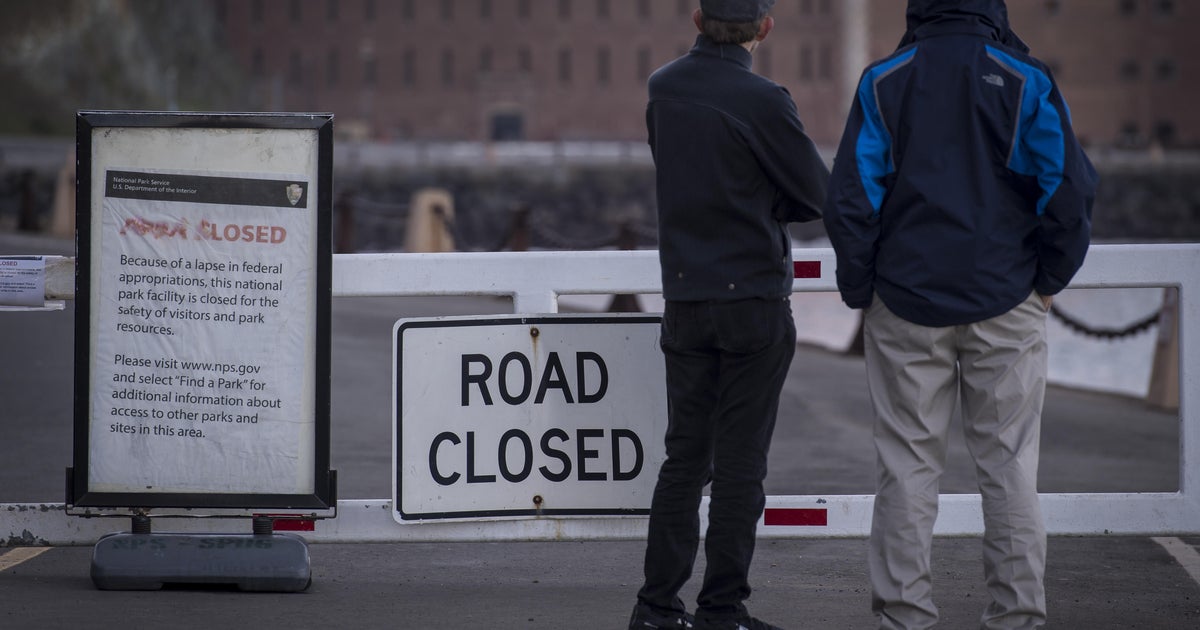ACLU files federal lawsuit over Trump administration's fast-track deportation policies
The American Civil Liberties Union challenged the Trump administration's broad expansion of deportation powers, alleging in a federal lawsuit Tuesday that it violates constitutional rights and could lead to errors, including deporting U.S. citizens. The case was filed on behalf of immigrant community organizations Make the Road New York, LUPE (La Unión del Pueblo Entero), and We Count!
The lawsuit called the extension of the policy allowing immigration officers to deport migrants without requiring them to appear before judges as "dramatic" and "illegal."
Previously, the policy applied to those caught within 100 miles of the U.S. border and who had been in the country under two weeks. Last month the Trump administration announced that immigration agents can now apply it anywhere nationwide to those in the country less than two years.
"Hundreds of thousands of people living anywhere in the U.S. are at risk of being separated from their families and expelled from the country without any recourse. This is a dramatic — and illegal — escalation in the Trump administration's attacks on immigrant communities," Anand Balakrishnan, an attorney with the ACLU's Immigrants' Rights Project, said in a statement.
The complaint cites several instances where federal agents using the initial "expedited removal" authority wrongly deported U.S. citizens, including a case in 2000 involving a U.S. citizen who was mentally disabled. The woman was unable to convince immigration agents that she was an American citizen after returning from visiting relatives in Jamaica and was deported.
The lawsuit names the heads of the Department of Homeland Security and several agencies it oversees. That includes Immigration and Customs Enforcement and Customs and Border Protection.
So-called "expedited removal" authority gives immigration authorities wide power to deport non-citizens with limited exceptions, including if they express fear of returning home and pass an initial interview for asylum. The policy, which has been around since 1996, has become a central part of immigration enforcement in the last decade.
Donald Trump first announced he would expand such powers just after taking office as part of his promise to crack down on illegal immigration. Last month, Acting DHS Secretary Kevin McAleenan touted the expansion as a way to address an "ongoing crisis on the southern border" by freeing up beds in detention centers and reducing the immigration courts backlog.
However, critics have said it gives immigration officers too much power and could embolden them to indiscriminately round up immigrants. The announcement left immigration attorneys scrambling, with some advising their clients to collect as much documentation as possible to prove they've been in the U.S.
Roughly 300,000 immigrants living in the country illegally could be affected, according to the nonpartisan Migration Policy Institute. The complaint alleges that U.S. permanent residents and asylum seekers are at risk.



